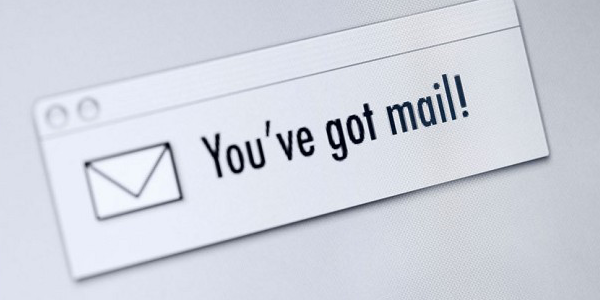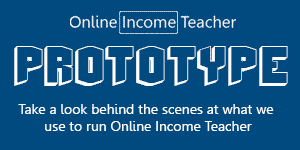Email writing is still a very important part of business, whether you are writing hundreds of business emails or just a couple every day. They are a great way to reach out to people and engage with them directly, unlike on social media, which has a more community feel to it. You may be very professional in your approach to email writing but at the end of the day, you need them to appeal to your customers. Far too often do I see business emails that fail to impress!
You may think that the main body of the email is the most important, but neglect the conclusion. This can be a BIG mistake as you need to end each email with care and attention. The conclusions is the best opportunity to place a call to action and get people to click onto your product, your website, follow you, etc. That is why you should always spend time writing better emails and making sure to end your emails in the right way.
Check out these email writing tips to conclude your business emails.
Email Writing Tips
Link Your Conclusion Directly To Your Message
When you begin to write an email, you should ask yourself a question: Why do you want your reader to know you?
The answer to this question should be the basis of your conclusion. Shape the call to action straight away so that when your reader finishes your email, they can respond almost immediately. Take the readers hand and let them reach the desired conclusion. If the goal of your email is to up-sell one item in your product line, then have a conversation with your potential client:
“I am happy to provide you with a complimentary digital access for you to review my Product (Name). Please share the best possible time and date for a ten-minute conversation.”
Don’t Start A Conversation
Avoid conclusions like these:
- “Please call me with any questions.”
- “Please advise.”
- “Thank you.”
- “Have a great day.”
These are fine to use for personal or informal emails, but should be avoided in business emails. People will likely ask questions if they have any, so you don’t need to add that. Similarly, asking for advise may not be a healthy way to conclude. Moreover, ending the email with perfunctory thanks when a thanks is not actually a related conclusion should be avoided. Avoid adding pure sentiments. Choose a conclusion to the desired response.
Try to have a visible conclusion
The heading is a strong visual technique to make a conclusion pop. Phrases like “Next Steps” or “Signature Response Needed By (Particular Day)” emphasize the actions. It is better to subdivide the conclusions into paragraphs. This increases reader’s visibility.
Add Your Links!!!
Sending out a basic email only allows people that reply directly to get in touch with you. If you add your important links (website, social media, phone number, etc.) then it allows people to reach you in a number of different ways. They may not know that you are on Twitter/Facebook, in which case they could get in touch with you that way or find out more about you on your website.
You can set up an email signature that will be added to the bottom of each of your emails, which will allow you to add all the contact information that you want.
Email Writing Summary
Try not to conclude your emails with new materials. It is better to write: “I’ll send you the report on (Particular Day).”
This muddles the message and weakens the conclusions. It is better to send another email, if you have another topic. Readers respond to the engaging topic and conclusions that links them into action.
Some examples that you might like to use in order to conclude your emails are:
- Confirmation: “I will call you at (time or date) to schedule the meeting.“
- Thanks: “Thank you for the opportunity to work with you/serve you/offer you a help.”
- Next Action of Attachment: “I will call you on (desired time and date) to answer your questions.”
- Process Step: “To enact your new agreement, please sign the attached form and fax it back to me at (Contact No).”
Every business email you write should help a reader know exactly who you are and end with a call to action. If not, then why you are writing it? Therefore, conclusions should be linked to all kinds of business strategies. It is the single best opportunity to “close the deal”. When you are auditing the client business documents, you will find that 75% of the email message need a conclusion better matched to the strategic goal of the email.
Do you use any of these tips in your emails? What other tips do you use when writing emails? Do you use any at all? Please let us know by leaving a comment below!



CommentLuv vs Disqus – Why I Don’t Use CommentLuv!